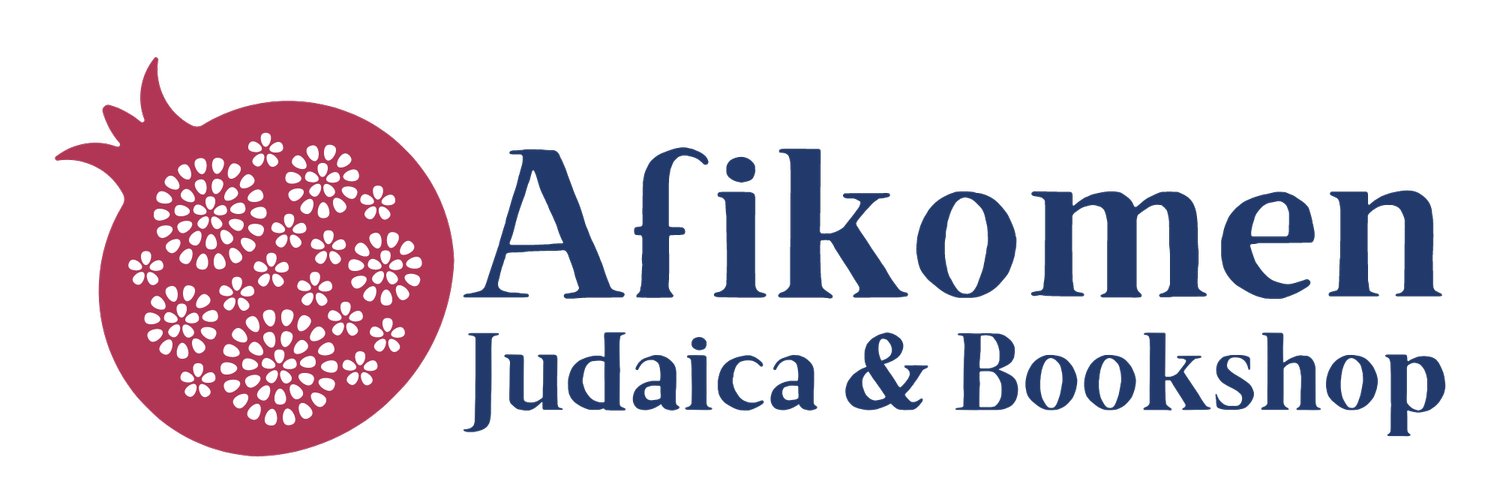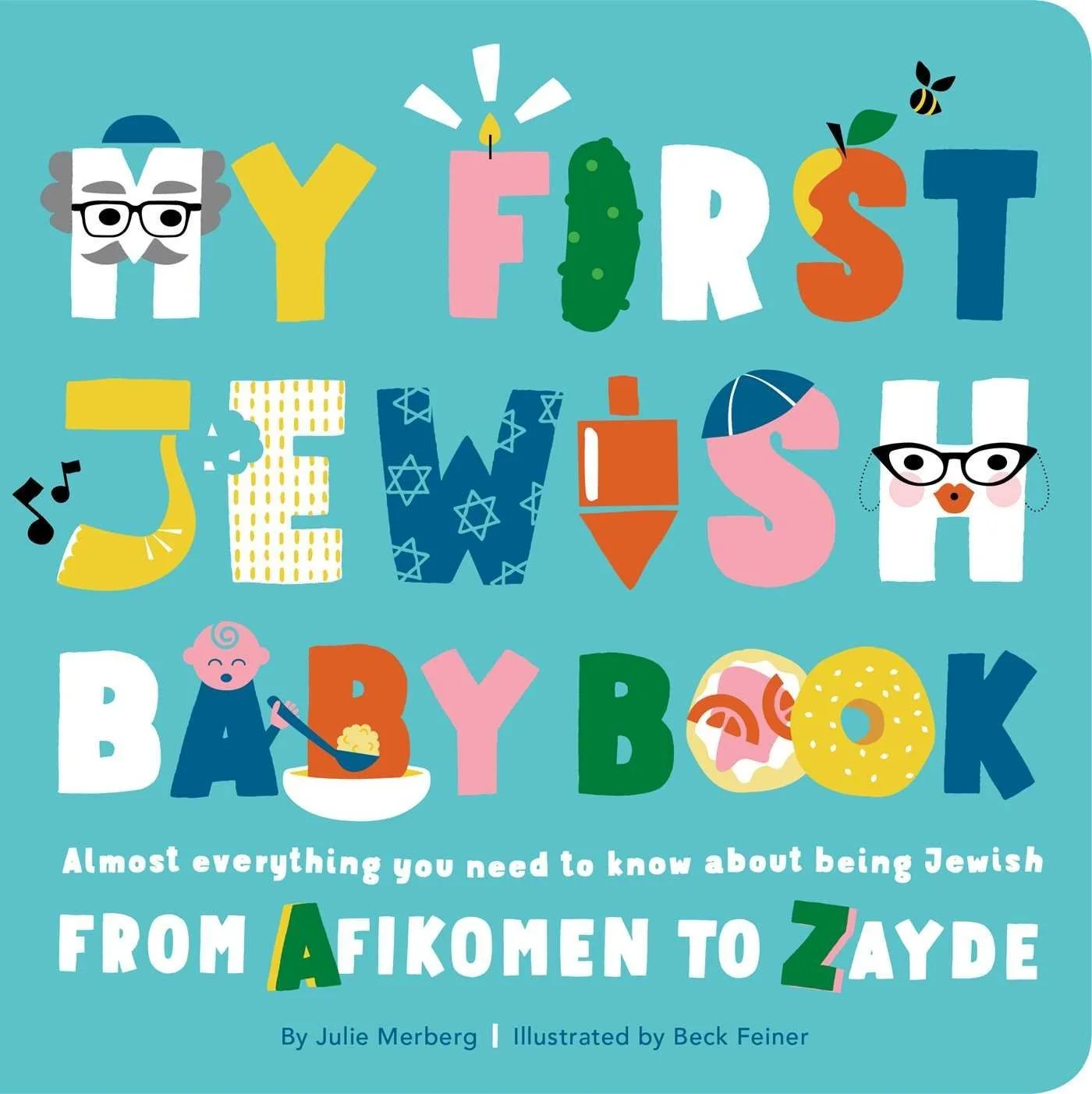 Image 1 of 1
Image 1 of 1


Ancient Sisterhood: Lost Traditions of Hagar & Sarah by Savina J. Teubal
In this fascinating piece of scholarly detective work, biblical scholar Savina J. Teubal peels away millenia of patriarchal distortion to reveal the lost tradition of biblical matriarchs. In Ancient Sisterhood: The Lost Traditions of Hagar and Sarah (originally published as Hagar the Egyptian), she shows that Hagar, the mother of Ishmael, was actually lady-in-waiting to the priestess Sarah and participated in an ancient Near Eastern custom of surrogate motherhood.
Ancient Sisterhood cites evidence that Hebrew women actually enjoyed the privileges and sanctity of their own religious practices. These practices, however, were gradually eroded and usurped by the establishment of patriarchal monarchies that were based on militaristic conquest and power. Teubal examines the figures of Hagar and Sarah from a feminist perspective that combines thorough scholarship with an informed and detailed understanding of the cultural and religious influences from which the mysterious biblical figure of Hagar emerged. She looks at Hagar's important role in the genesis of Hebrew culture, her role as mother of the Islamic nations, and her power as a matriarch as opposed to her apparent status as a concubine.
Teubal posits two distinct sources for the Hagar episodes: Hagar as companion to Sarah and an unknown woman whom she refers to as the desert matriarch. She explores whether Hagar was a slave to Abraham or Sarah, the differences between Hagar and the desert matriarch, and the obscurantism of these important elements in biblical texts. Teubal sheds considerable light on two central figures of these world religions and "the disassociation of woman from her own female religious experience."
Paperback, NEW
Published by Swallow Press, Ohio University Press , 1997
In this fascinating piece of scholarly detective work, biblical scholar Savina J. Teubal peels away millenia of patriarchal distortion to reveal the lost tradition of biblical matriarchs. In Ancient Sisterhood: The Lost Traditions of Hagar and Sarah (originally published as Hagar the Egyptian), she shows that Hagar, the mother of Ishmael, was actually lady-in-waiting to the priestess Sarah and participated in an ancient Near Eastern custom of surrogate motherhood.
Ancient Sisterhood cites evidence that Hebrew women actually enjoyed the privileges and sanctity of their own religious practices. These practices, however, were gradually eroded and usurped by the establishment of patriarchal monarchies that were based on militaristic conquest and power. Teubal examines the figures of Hagar and Sarah from a feminist perspective that combines thorough scholarship with an informed and detailed understanding of the cultural and religious influences from which the mysterious biblical figure of Hagar emerged. She looks at Hagar's important role in the genesis of Hebrew culture, her role as mother of the Islamic nations, and her power as a matriarch as opposed to her apparent status as a concubine.
Teubal posits two distinct sources for the Hagar episodes: Hagar as companion to Sarah and an unknown woman whom she refers to as the desert matriarch. She explores whether Hagar was a slave to Abraham or Sarah, the differences between Hagar and the desert matriarch, and the obscurantism of these important elements in biblical texts. Teubal sheds considerable light on two central figures of these world religions and "the disassociation of woman from her own female religious experience."
Paperback, NEW
Published by Swallow Press, Ohio University Press , 1997















